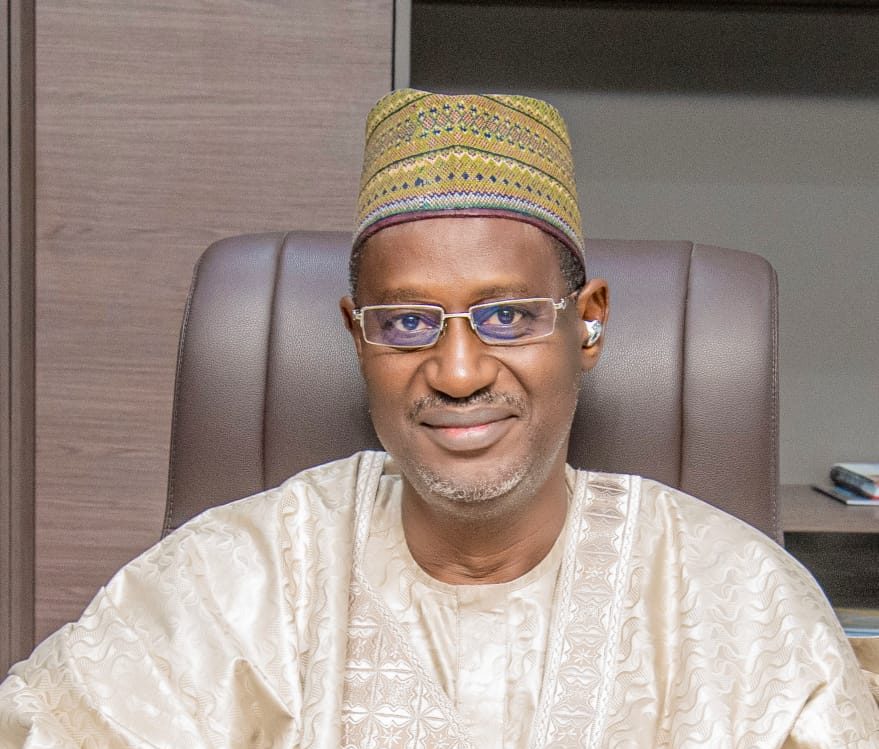In a bold step toward sustainable urban transformation, Nigeria’s Federal Executive Council (FEC) has approved a sweeping 10-year National Urban Development Policy (NUDP) aimed at redefining how cities grow, operate, and serve their residents.
Announced via the Ministry of Housing and Urban Development, the new policy introduces major reforms to urban governance, including the establishment of metropolitan commissions and regional planning bodies. These are designed to coordinate infrastructure and services across urban areas that stretch beyond single local government boundaries.

One of the policy’s standout features is its adoption of the “15-minute city” model an urban planning approach where residents can access work, healthcare, education, and recreation within a 15-minute walk or bike ride. This model prioritizes compact, walkable neighborhoods and aims to reduce commuting stress, environmental impact, and economic inefficiencies.
Climate resilience is also at the heart of the policy. It calls for increased use of green infrastructure, renewable energy, and nature-based solutions to ensure Nigerian cities remain livable and adaptable in the face of climate change.
With projections showing that over 70% of Nigerians will reside in urban centers by 2050, the policy lays the groundwork for inclusive, future-ready cities. It aligns with President Bola Tinubu’s Renewed Hope Agenda and reaffirms Nigeria’s commitments to global frameworks such as the SDGs, the Paris Agreement, and the African Union’s Agenda 2063.




